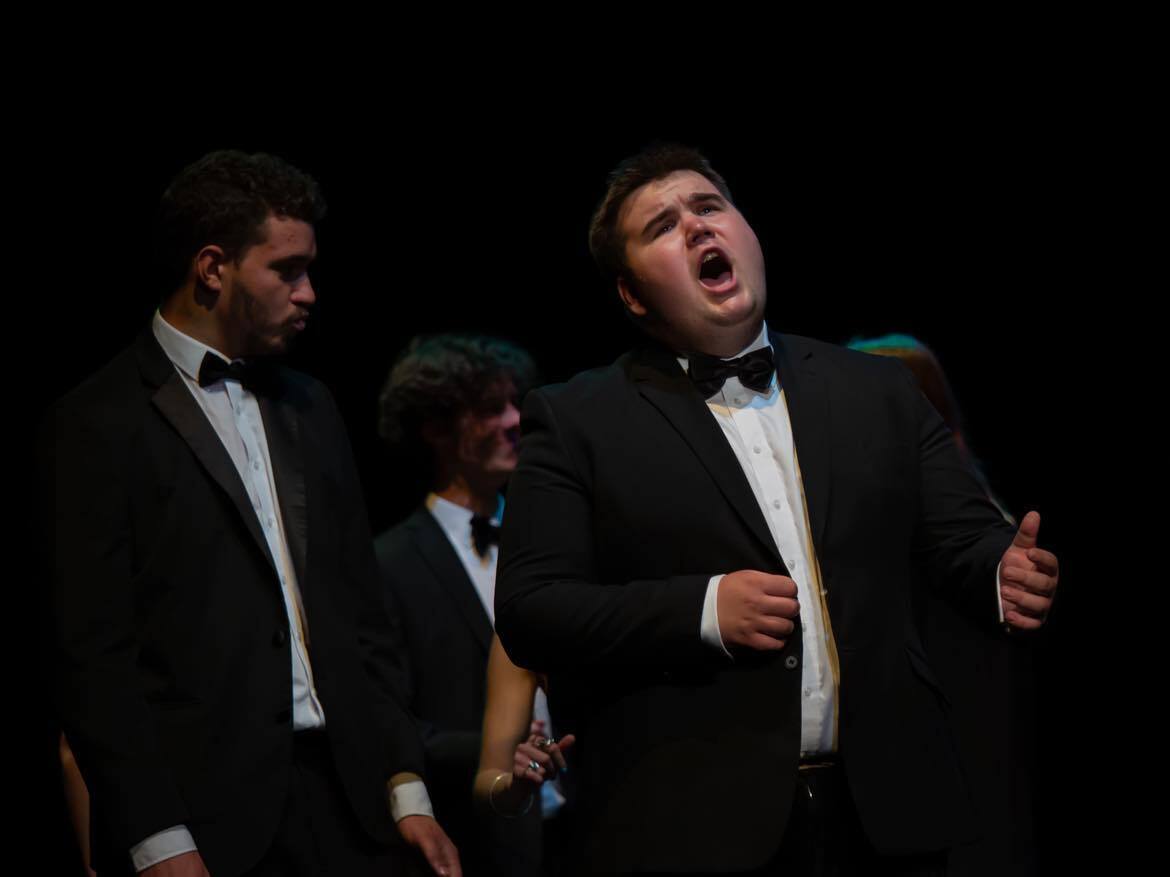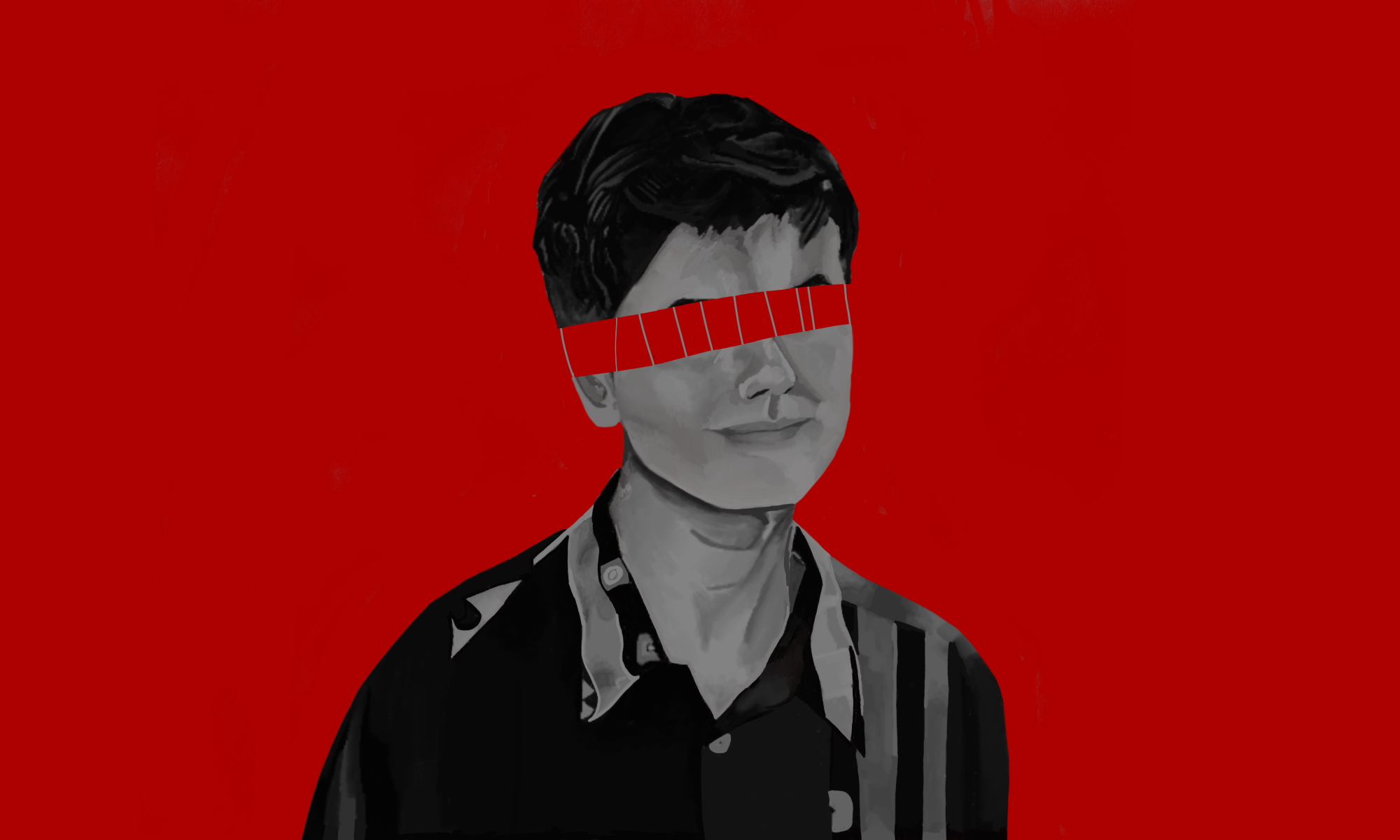
Review: The Spell of the Rose
Walking into New College’s ante-chapel, an intimate performance space has been demarcated in front of the organ screen, the typical set-up for a lunchtime recital. Part of the Friday Recital Series of the New Chamber Opera Studio, The Spell of the Rose promises to be “a tale of love, told through English folksong, art-song, and improvisation”. With works from Ralph Vaughan Williams, Peter Warlock, Gerald Finzi, and, excitingly, the world premiere of a setting of John Clare’s poem ‘What is Life’ by contemporary composer Piers Connor Kennedy (a twenty-first birthday present for soloist Archie Inns), the programme lends itself to a broader narrative arc. In an odyssey of love, we bear witness to the speaker’s metamorphosis from light-hearted youth to grief-stricken widower, ultimately accompanying them to their grave.
“I ne’er was struck before that hour / With love so sudden and so sweet, / Her face it bloomed like a sweet flower / And stole my heart away complete”. So begins John Clare’s poem ‘First Love’ and so begins the recital proper, with a soft-spoken recitation of the poem underscored by a sparse yet considered piano accompaniment. The poem is the cornerstone of the recital, outlining the story of a young protagonist who falls passionately in love, before their beloved dies. As we listen, we trace the speaker’s youthful pleasure, to first love’s sweet melody, and then the bitter pangs of loss. We enter into a shared temporality: this is not retrospective, for the story unfurls before our very ears.
Musically speaking, the through-composed nature of the recital itself facilitates the creation of a linear narrative. Traditional breaks between individual songs are replaced by short improvisatory interludes which, under Jake Sternberg’s harmonically-sure hands, give rise to seamless movement from one song to the next. In doing so, we are never fully sure of when one song ends and another begins; we become reliant on signifiers, rather than conventions, to help us ‘read’ the story. Just as the song “Sounds in the silent air / Till the listener feels the room no more’ (‘The Singer’, Warlock), we are also absorbed by the musical realisation of the lover’s tale, drawn along by this earnest protagonist whose gradual testimony is endearing as it is moving.
The relationship between lover and beloved is embedded in the music, and it furthers the thematic continuity of the recital. Two leitmotifs reoccur throughout the performance: one, representative of the speaker, is based around a melody found in Warlock’s ‘The Singer’, the other, representative of the beloved, is based on a melody from the traditional ‘Iona Boat Song’. Through harmonic and tonal transformation, these leitmotifs become symbolic of moments within the wider narrative. In the interlude between ‘Go, Lovely Rose’ (Roger Quilter) and ‘The Sigh’ (Finzi), the beloved’s motif appears almost inaudibly at a low tessitura in the minor mode, foreshadowing death through its sudden corruption of the musically consonant. The focus on improvisation gives the performance an organic feel; this is not your average churn-out-the-repertory kind of concert.
What crowns the whole performance, however, is that which has been eternally difficult to articulate: musical expression. It is the music and all its nuances, which transfigures the lover’s tale into something that affects. The unconventional form of the recital affords more liberal experimentation with timbre and colour. Archie’s voice moves effortlessly from a traditionally projective, ‘tenor’ resonance at moments of passion in pieces such as ‘What is Life’ (“What is life? When stripped of its disguise”), to a diaphanous yet equally effective tone at more tender moments. Similarly, the piano accompaniment makes use of tonal polarity and a rich harmonic palette, differentiating between moments of repose and anxiety. At a particularly striking instance, the accompaniment oscillates between Db major and D major, before plunging into D minor: it seems to tread the boundary between conviction and uncertainty, as our young lover does.
Both Archie and Jake demonstrate a strikingly professional flare. As the last few notes die away, the spell cast by the music is broken by whoops, cheers, and applause (this is, after all, an informal recital). I overhear one audience member describing the performance as “audacious”. Audacious, and so much more.
Words by Rose Olver.







